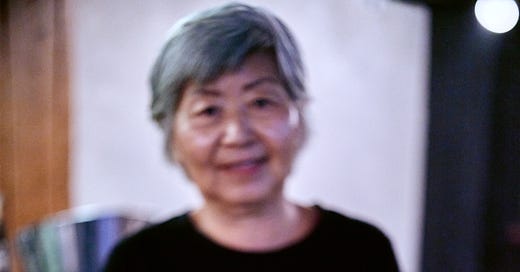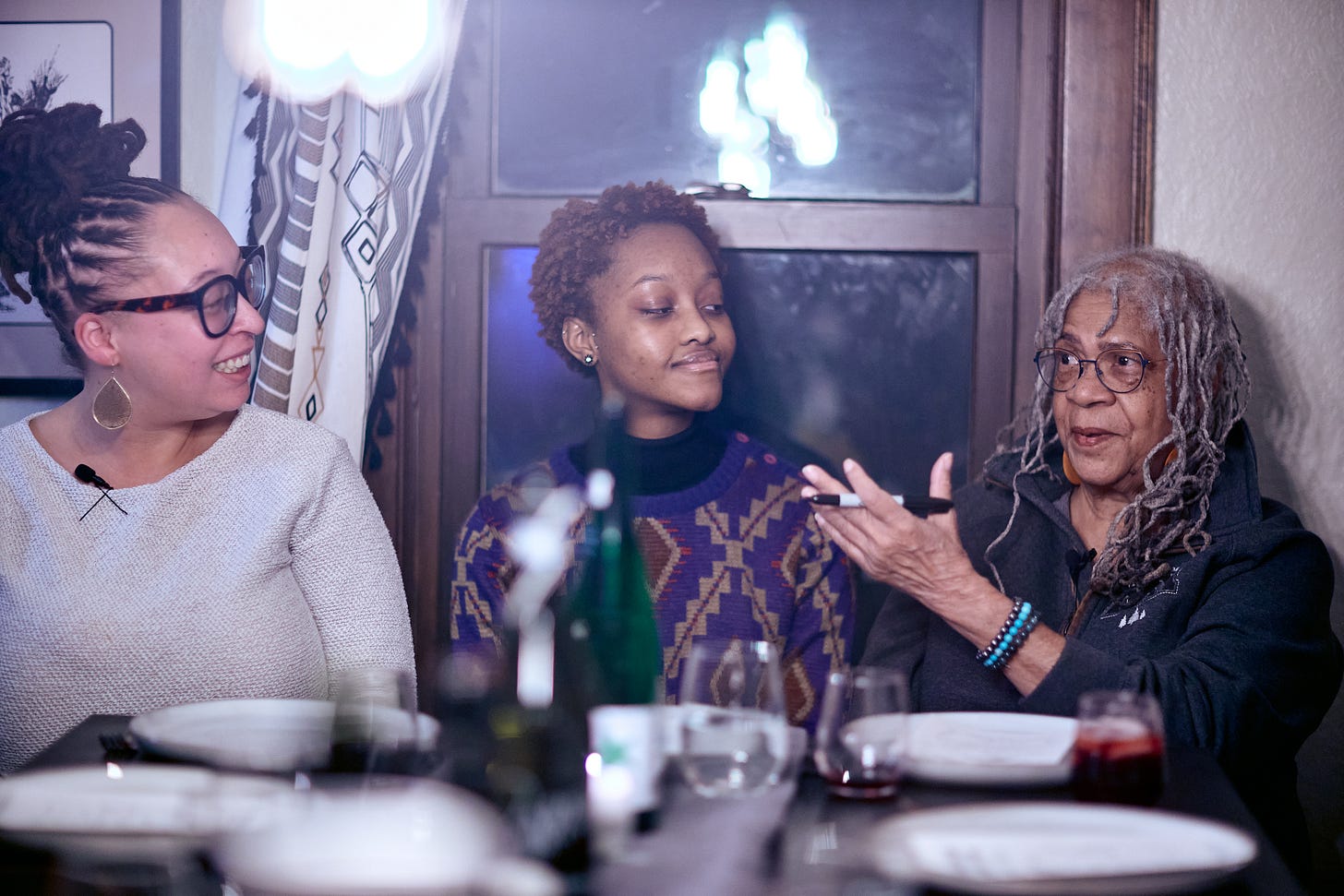Not everyone has a restaurant, but everyone has a food story
BIPOC Foodways Alliance: Allow us to reintroduce ourselves
When I set out to be a writer, I wanted to write prose.
I wanted to tell stories with words because I thought that words were beautiful, and filled with secrets and insight, and at the wholly naive and somewhat desolate age of 20, I was being asked to figure out what I wanted to do with my life.
The only thing I was kind of good at, and the only thing I liked to do besides applying lipstick, smoking weed, and driving around in cars with boys was write. I told my college guidance counselor my plans.
“You’ll never make a living as a writer.”
She wasn’t offering a commentary on my talent– though that was probably severely lacking too. What she was trying to illustrate is that writing is not a living. Not really. She was at least partially right.
I’ve hobbled along as a writer for a long, long time since that meeting in a vintage college campus building, in front of a desktop computer with a middle aged white lady trying to mean well as I declared a major. Would I have taken her advice if I could go back there? Probably not.
I still believe in the power of a good story even if it isn’t a good living.
And to me, a good story does not have to include something that you can then go off and try to consume or possess once the story is over. Instead, I think of a story as an intricate relationship– one where the storyteller, subjects, and the reader are all involved in an equal exchange, rather than a transaction.
When I started working as a food critic a long time ago, I was told that the stories I was writing were for the readers. That my loyalties should be to the potential diners, the people who were going to plunk down a hundred dollars (back when that was a lot of money to spend on a meal out) and then more for a babysitter to go out and enjoy some food.
But I was never, ever comfortable with that. My loyalties were always with the humanity behind what I was writing about, and that sometimes meant I wasn’t the best dining critic. But I did my best to stay true to that gut instinct, even if my editors were uncomfortable with it.
Fast forward a lot of years, and I’m no longer interested in telling the stories of restaurants and customers. Too transactional– humanity too often gets misplaced in the pursuit of a financial bottom line. I’m not interested in stories about investors, culinary school graduates, the price of real estate, or the exchange of money for a plate of food– all inevitabilities in the story of a restaurant.
What I am interested in is people. And capitalism has very little time for people.
Not everyone has a restaurant, but everyone has a food story.
Everyone I have ever met in professional cooking was inspired to cook from someone, and that person was almost always a woman. That person was a mom, a grandma, an auntie, a sister, maybe even a kindly neighbor. I started wondering about these women, and why they rarely ever get placed in the center of what I perceive as their stories.
What I finally arrived on is this is a values proposition. We pay attention to what we value in this society, and this society does not especially value women, elders, and especially women who are elders. If they are BIPOC, they are valued even less. These are also traditionally not the people who own restaurants, but they do happen to be the people who carry the most culinary knowledge and wisdom.
We should care about that wisdom more than we care about having a transaction at a restaurant, but for some reason, we don’t.
At BIPOC Foodways Alliance we connect with ordinary people with extraordinary stories to tell through the lens of food. By “extraordinary,” we do not always mean flashy, offbeat, or even archetypal. What we do mean is highly personal, intimate, and meaningful. We believe that the ordinary person’s story is consequential, relevant, and worth documenting. Worth archiving, uplifting, and sharing.
“Sharing,” in the truest sense, not the transactional sense. We never ask our Table co-hosts to share recipes unless they truly want to. Not because family recipes are inherently sacred, but because recipes are inherently transactional, and can very often lead to the opposite of engaging with food stories and people— and instead focus on the final product. And at BFA we are not interested in products– we are interested in people.
BIPOC Foodways Alliance Tables are different because we believe that stories about people seen through the lens of food are interesting, important, and worth as much attention as those that are told about any restaurant or restaurant person. Black and Indigenous people in particular are the most unlikely people in America to own a restaurant. Our stories matter.
We believe that we can dismantle white supremacy through food by providing a platform for our stories; and by breaking down barriers between cultural communities when we come together over a shared table in an exchange of energy and love.
We are stronger together.





